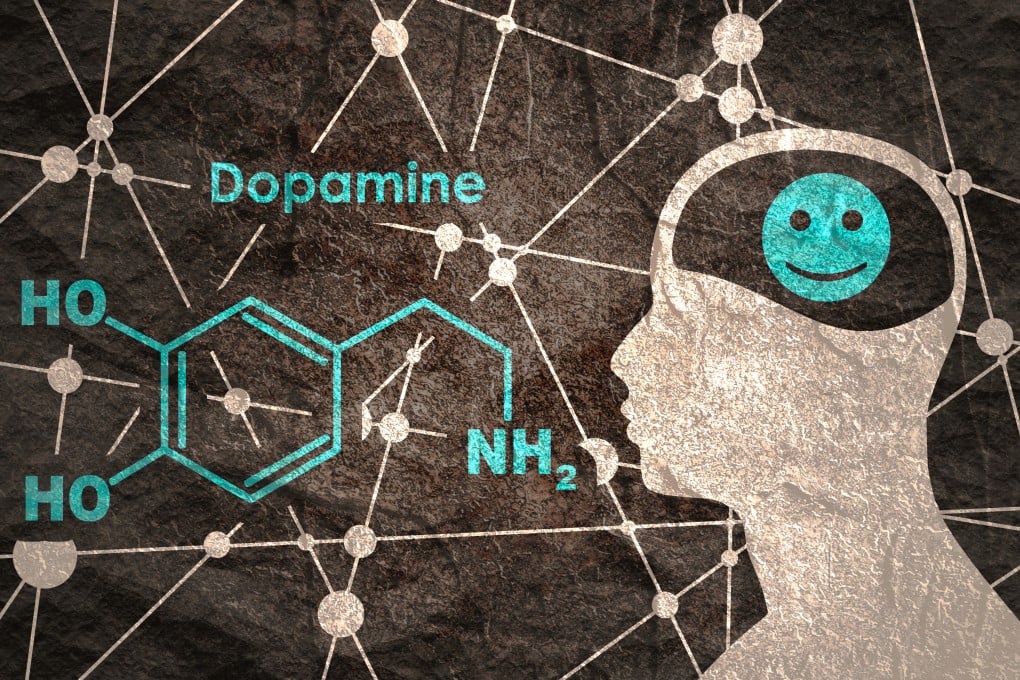Chinese study sheds light on how dopamine transporter can cause build-up of ‘feel-good hormone’
- Findings could lead to new treatments for dopamine transporter-related disorders and addiction to drugs such as cocaine, according to researchers

A team at the Chinese Academy of Sciences say they have uncovered the conformations of the human dopamine transporter and how it can cause an excessive build-up of the “feel-good hormone” in the brain.
They obtained images of the dopamine transporter – a protein known as DAT – in three different forms for the study. This was done using an advanced imaging technique called cryogenic electron microscopy.
“This study establishes a framework for understanding the functioning of the human dopamine transporter and developing therapeutic interventions for dopamine transporter-related disorders and cocaine addiction,” the team wrote in a paper published in Nature on August 7.
Dopamine – the neurotransmitter in our brains related to pleasure – is involved in motor function, memory, learning and reward.

It is synthesised in the midbrain and released into the synaptic cleft – or the space between neurons – where it can activate dopamine receptors.